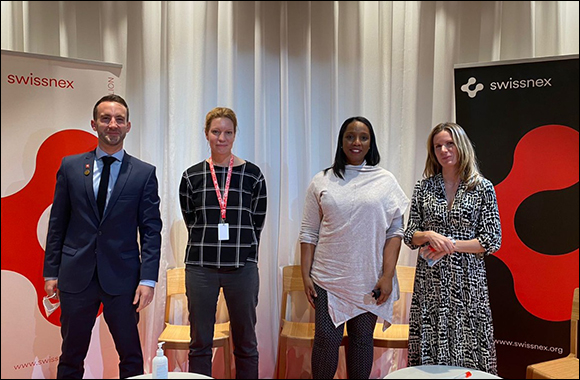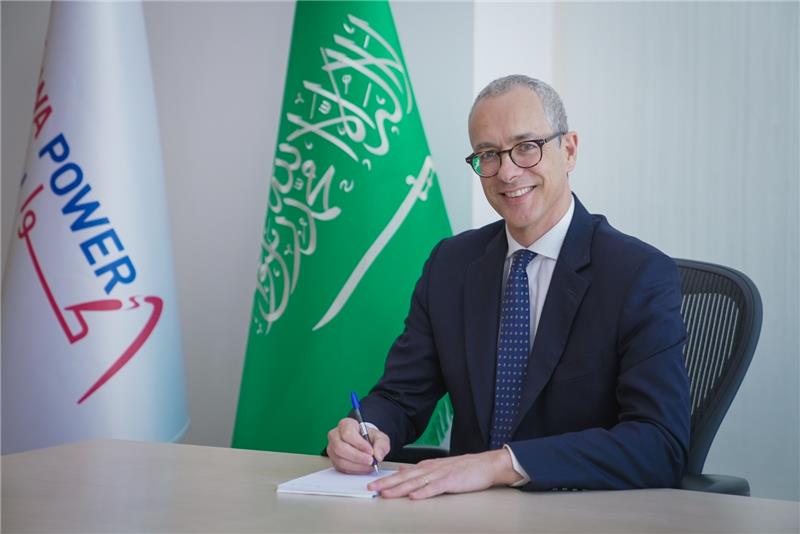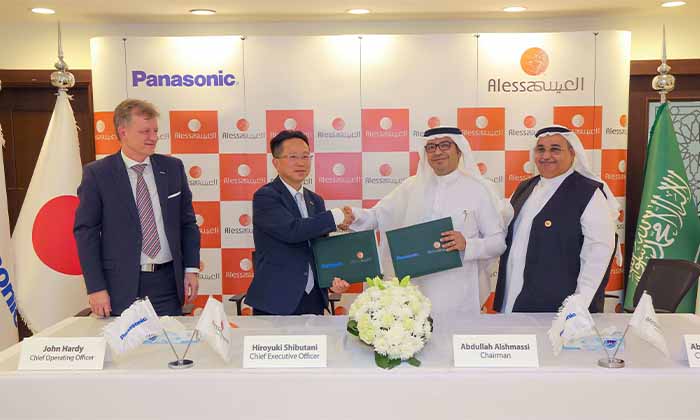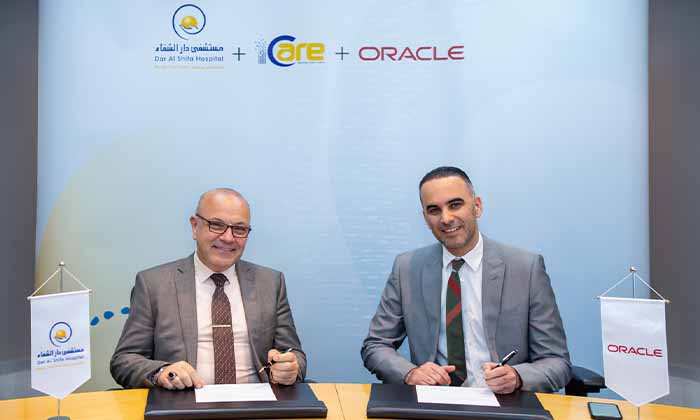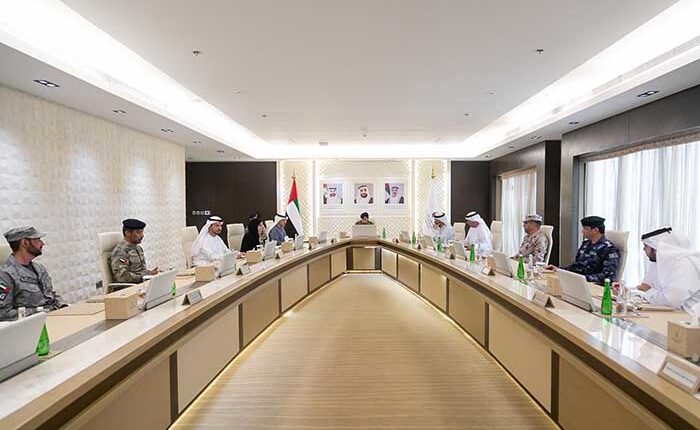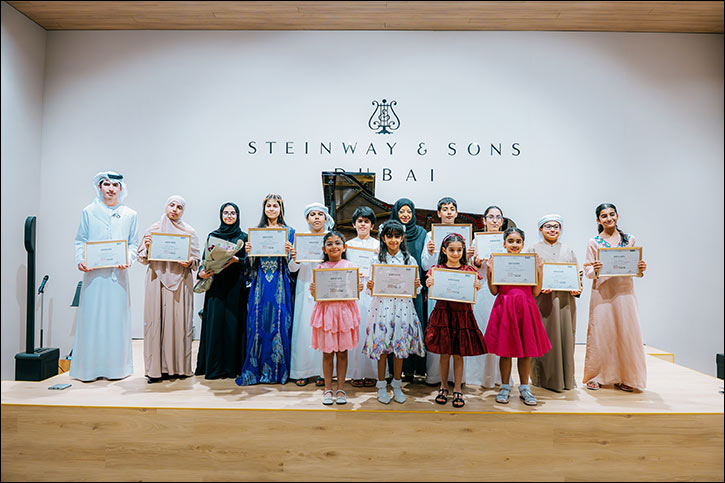The Swiss Pavilion at Expo 2020 Dubai organized a talk focusing on the three key pillars of innovation, entrepreneurship, and sustainable development at the thematic Global Goals Week of Expo 2020, in partnership with EPFL Essential Tech Center and the International Committee of the Red Cross (ICRC).
As one of the most innovative countries in the world, Switzerland at the Expo 2020 highlighted how transferable technology can benefit the society as a whole and in turn, help achieve the United Nation Sustainable Goals.
Elaborating on the programme of the Global Goals week at the Swiss Pavilion, Mr. Dante Larini, project manager Swissnex at the Swiss Pavilion, said “Our partners engaged with our visitors through their individual talks, workshops and panels. They also come together with peers from the UAE and the world, paving the way to create valuable relationships. Our focus was to present a triangle between sustainable development, innovation and entrepreneurship.”
The activities were executed by EPFL Essential Tech Center, regional experts and the International Committee of the Red Cross (ICRC), which Switzerland founded in 1863, and is now a beacon of inspiration in supporting humanitarian causes across the world.
The Swiss Pavilion counted in the virtual presence of Gilles Carbonnier, the vice-president of ICRC. He said: “Technological innovation and digital transformation are game changers in humanitarian settings. Partnering with scientists and companies is key to enhance our impact while putting the people we serve at the centre, protecting their dignity and data privacy”.
The experts participating in the discussion on-site - Nathalie Morandini-Siegrist, Head of Stakeholder Relations EPFL EssentialTech Centre, Lorraine Charles, Co-Founder and Director, Na’amal-remote work for refugees, and Dr. Elke Neuman, Associate Professor in the field of plant nutrition and soil science, United Arab Emirates University - demonstrated success stories applied to the humanitarian context in their respective disciplines.
Mrs. Nathalie Morandini-Siegrist, Head of Stakeholder Relations at EPFL EssentialTech Center said, “We at EssentialTech attribute our success to a unique methodology that begins with identifying real unmet needs, working with partners in the affected regions. We then bring top technical, interdisciplinary expertise and innovation to meet those needs. Finally, it is important to utilize a social business model specifically designed for the context when it comes to implementation because that ensures a sustainable, scalable solution.”
A current project of the EPFL EssentialTech Centre is its participation in the Engineering for Humanitarian Action Partnership (EHA), for which it coordinates EPFL’s involvement. An initiative of the ETH Zurich, the EPFL and the ICRC, EHA harnesses technological expertise to put at the service of humanitarian action. The approach involves joint research projects, solution development and educational programmes in the fields of energy/environment, data sciences and digital technologies, and personalized health.
